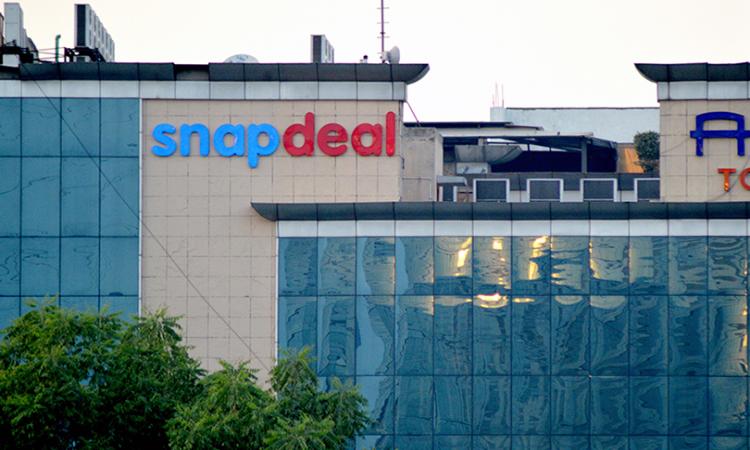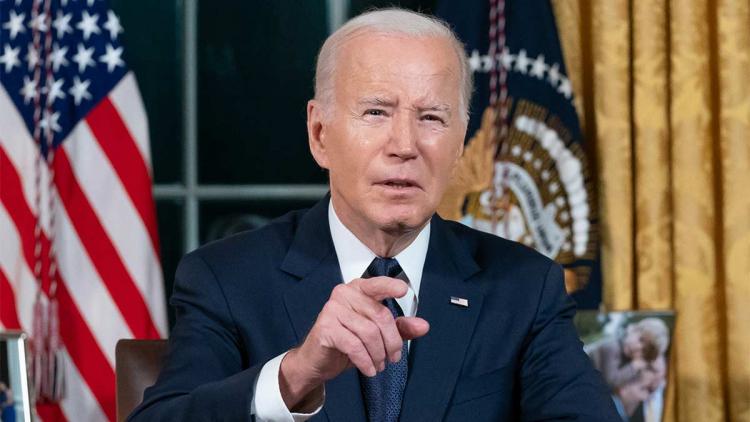2010 was the birth year of one of the country's earliest ecommerce platforms and a brainchild of Kunal Bahl and Rohit Bansal, Snapdeal, which quickly rose to prominence climbing up to be the second largest ecommerce company in the country within six years. With the demand for online shopping surging among consumers, Snapdeal became one of the earlier unicorns and acquired major investors, including FreeCharge, SoftBank, Unicommerce among others. In 2015, the platform even brought Amir Khan as their brand ambassador for the promotion of its website in the country.
However, after a successful run of 11 years since its founding, Snapdeal started running into major problems leading it to the verge of almost a shutdown in 2017. In less than 12 months, the platform wents from riches to rags, due to acquiring too many new startups and the silent role of financier SoftBank in the fiasco. Facing stiff competition from bigger rivals Flipkart and Amazon, Snapdeal also had to let go of Amir Khan after his "intolerance" statement controversy. With an acute shortage of funds, FreeCharge tried pushing a merger with Flipkart to save the face of the company but to no avail.
After the merger failure, Snapdeal took a complete backseat in the ecommerce market in India and has been pushing hard to bounce back ever since. CEO Kunal Bahal has been carrying on a vision of new and improved Snapdeal 2.0 with more clarification and attention to detail. Since 2017, the company has reduced its loss by 95%, while revenue from operations grew by 85%. In 2019, more than 27 million unique buyers made purchases on the platform and added six million more users amid the pandemic. In two years, the company was successfully able to shrink its net loss from Rs. 5,143 crore in 2017 to Rs. 188 crore in FY19. With the lockdown in place, hopes rekindled even further for Snapdeal as there was a huge consumer shift towards online purchases providing the appropriate ground for the company to relaunch itself in the market. The focus for the new version of the company is on giving value in affordable terms to its users, as small-scaled sellers also saw a move towards online platforms. Rather than only focusing on the brand-based market, the new plan devises importance to value-priced products for middle income sections of the society.
Snapdeal 2.0 , while staying true to its roots, is all set to adopt a more unique and filtered approach to re-establishing itself but the journey is going to be more difficult than it seems to be. Ever since the company's downfall, the ecommerce market observed a major transformation in many ways. Amazon and Flipkart solidified their position and share in the market while newer rivals showed up including JioMart, launched by Mukesh Ambani with a potential to quickly overshadow others. Nevertheless, Bahal's confidence is not shaken up at all as he believes the size of the ecommerce market in India is too big to be swallowed by a single entity. Snapdeal's loyal investor, SoftBank, also holds complete faith in Snapdeal 2.0's vision and is also among one of its largest shareholders.
With no plans whatsoever to raise capital in the near future, the company's focus is on capability creation currently including investments in technology, personalisation and discovery while keeping operating costs as low as possible. Experts have also weighed in favourably towards the company's newfound approach including a leaner supply chain model and a focus on zero inventory. The fact that Snapdeal escaped a near-shutdown experience and has been able to survive three years after, even without raising any additional capitals, makes for a strong case in itself. In no mood to rush into things headfast, Bahal's cautious yet bold approach might have quite high chances of success and if things keep on going well, Snapdeal might even be able to reclaim its old position in the ecommerce market.


















